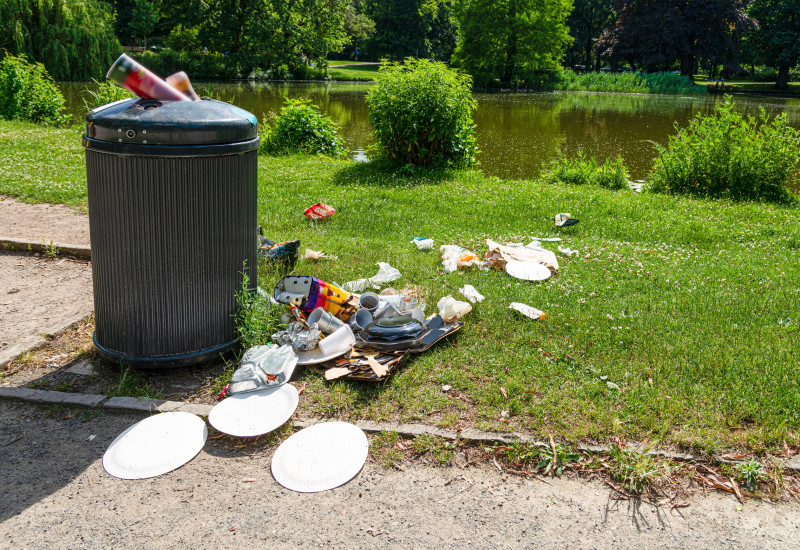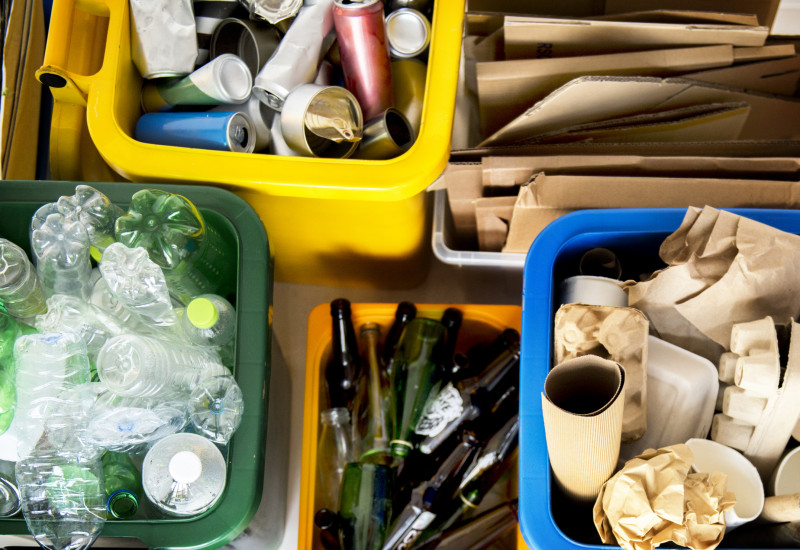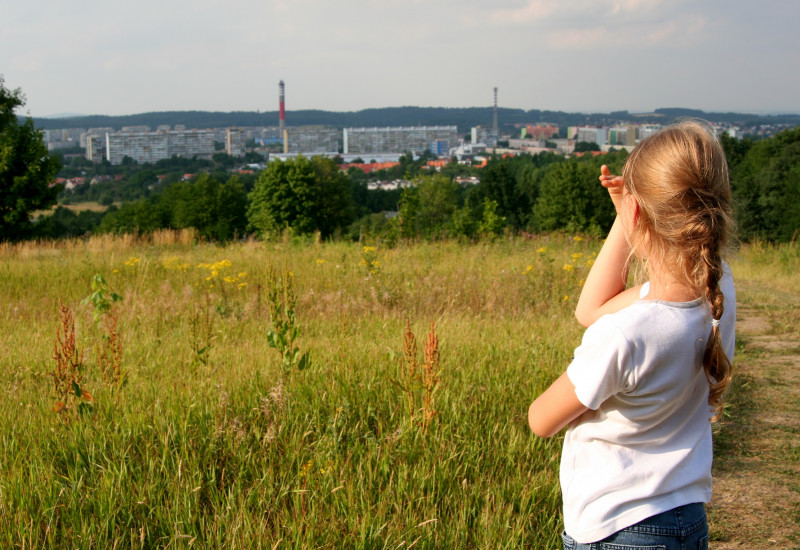International Spokesman: Joseph Nasr
Phone: +49-(0)340-2103-5485
E-mail: joseph [dot] nasr [at] uba [dot] de
 Umweltbundesamt
Umweltbundesamt

Since 2024, manufacturers of single-use plastic products such as cigarette filters, drinks cups and film packaging have had to contribute to the costs of waste disposal in parks and streets. This involves companies paying an annual levy into a fund managed by the German Environment Agency. read more

The German Environment Agency researches and works on drinking water as well as swimming and bathing pool water at its site in Bad Elster. read more

Making everyday life more sustainable and inspiring friends and family – the German Environment Agency’s (UBA) mobile game “Little Impacts” (in German) shows how this can be achieved. In five interactive chapters, players experience how the main character Leah and her cousin Mailin inspire the people around them to embrace sustainability. read more

Consumption of packaging in Germany fell by 675,000 tonnes to 19 million tonnes in 2022. This corresponds to a decrease of 3.4 per cent compared to the previous year. read more

The advisory board and jury of the German Ecodesign Award have selected ten winners from a record number of more than 400 submissions. read more

The National Soil Monitoring Centre at the German Environment Agency (UBA) in Dessau-Roßlau was opened on 2 December. The aim of the new centre is to make as much of the data as possible collected in Germany on the condition of soils from the various monitoring programmes available from a central location and to make it usable for joint evaluations. The results can also be used at European level. read more

the CPC network of European consumer protection authorities, co-led by the German Environment Agency (UBA), is taking action against the company. In a joint letter, the consumer protection authorities call on Temu to cease its violations of European law as soon as possible. If the company does not cooperate, further measures – such as the imposition of fines – may follow. read more

The “Urban-Rural-Plus” project funded by the Federal Ministry of Education and Research (BMBF) examined how urban and rural areas can work together more effectively to combine the advantages of both and compensate for deficits, for example in the areas of nutrition, housing, trade, recycling management and local recreation. read more